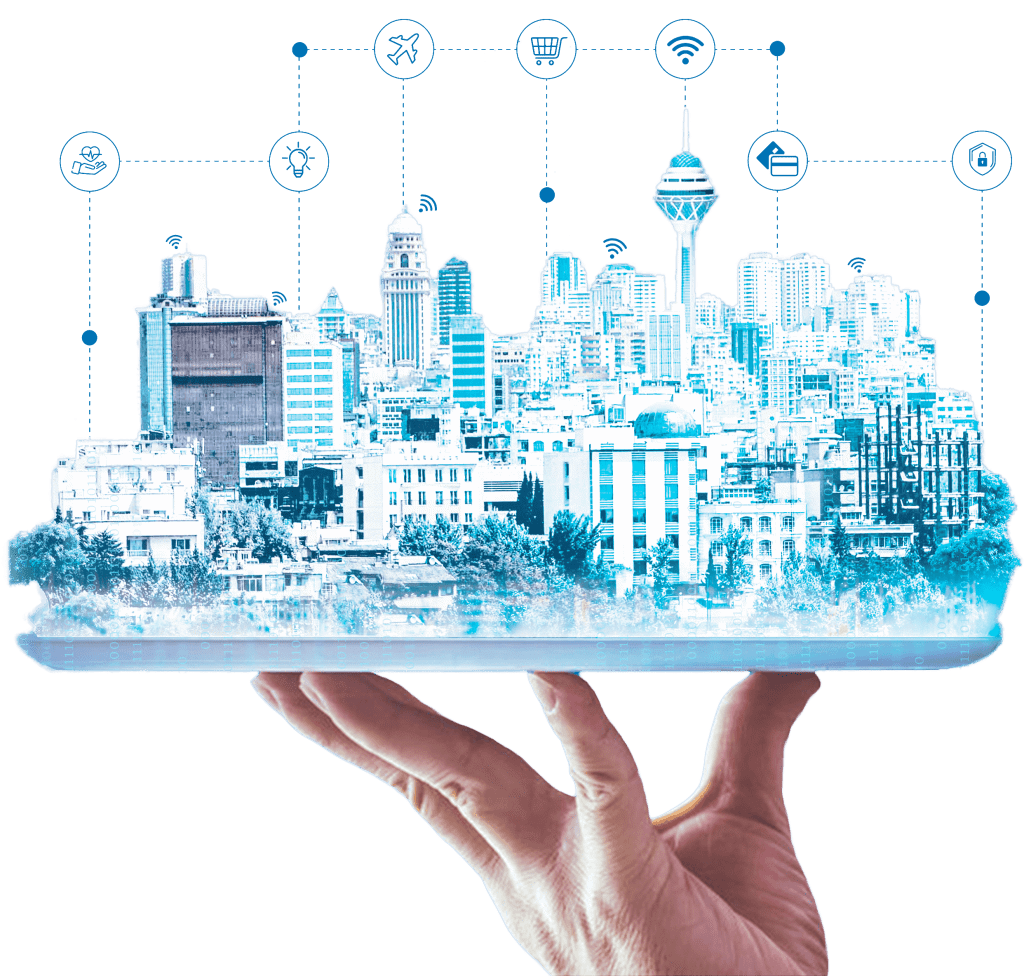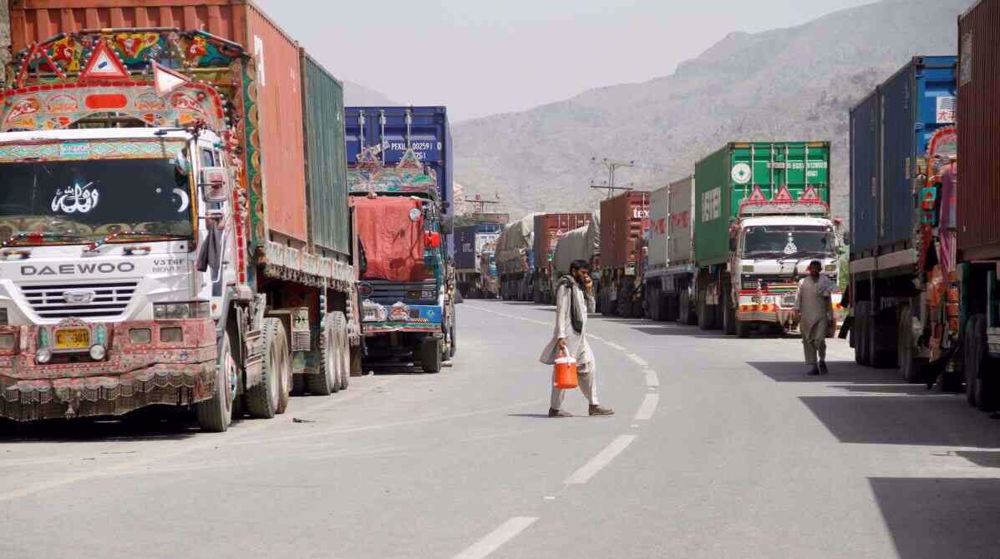Iran’s digital economy wonders in face of sanctions
Economic sanctions and other challenges have not deterred Iran from carving out a strong niche in the international digital economy by using domestic knowledge and capabilities.
Developing startups, creating information technology platforms, and promoting online marketing are just some of the steps Iran has taken to improve and broaden its digital economy portfolio.
The digital economy is the economic activity that results from billions of everyday online connections among people, businesses, devices, data, and processes.
As the global economy rapidly digitalizes, an estimated 70% of new value created over the coming decade will be based on digitally-enabled platform business models, according to the World Economic Forum reports.
By 2028, the digital economy is projected to reach $16.5 trillion and capture 17% of global GDP for 14 countries across North America, Europe, Asia-Pacific, and Latin America.
The average growth in the digital sector is higher than in other sectors of the Iranian economy. Currently, the share of the digital economy in Iran's GDP is nearly 7.4 percent, with plans underway by the government to raise it to 15 percent by 2028.
Iran is one of the countries that have made significant progress in the digital economy in recent years. Various industries, including information technology, cyberspace, online sales, and startups, have played an important role in its expansion.
The country has been able to gain international attention and recognition by developing digital technologies and creating technological platforms.
Iranian app store Cafe Bazaar, payment gateway ZarinPal, ride-hailing services Snapp and Tapsi and Digikala, often referred to as the "Amazon of Iran", are just some of the ubiquitous names in the country.
They provide a glimpse into the country's entrepreneurial spirit with a resourcefulness to adapt and find innovative solutions to challenges posed by unfair sanctions on the country.
In fact, there is a fertile soil for digital transformation in Iran - one of the most tech-savvy societies in the developing world where there were about 70 million internet users by January 2023 in the country of 85 million people.
With an educated, vibrant, and relatively young population and an adequate supply of talent, the requisite for such a transformation is that the government create a favorable environment for innovation in terms of national organization, funding, conducive policies and regulations.
The Iranian government has discerned the importance of the tech sector, having initiated a series of programs which fund and foster innovation. According to Iran’s foreign ministry website, there are a total of 42 science and technology parks and 186 incubators established across the country.
Sanctions have led to a surge in local entrepreneurship leveraging unique advantages of a youthful population, increased internet access, government support, and resilience to forge a thriving environment for innovation and growth as traditional supply chains have been cut short.
Over 80% of the Iranian population had internet access as of 2023, providing a robust foundation for digital businesses to bring energy and creativity of the country’s ardent technophiles to the entrepreneurial landscape.
There are some drawbacks, of course. While the government is apt to invest in infrastructure and creating fiber optic networks, the poor quality of the internet and digital infrastructure challenges have been a constant headache both to entrepreneurs and the general public.
Regulatory framework, coupled with sanctions imposed on Iranian web services, negatively affect Internet quality, cost, and reliability, compromising Iran’s digital economy. Many startups and tech companies also complain about the lack of transparency and sudden changes in laws.
Iran can address these problems and use its geographical location to become a digital hub in the region. The country has one of the highest internet penetration rates in the region.
It needs smart policies which reduce domestic restrictions, and increase international engagement. Connecting to international internet networks and using new technologies such as fiber optics and 5G could make Iran one of the key technology centers in West Asia.
In sum, the prospects for the digital economy are very bright and promising in Iran where there is adequate potential for growth and progress. By utilizing its capabilities, Iran can turn to one of the leaders in digital economy.
IRGC chief commends Iranian medical staff for treating Lebanon's pager attack victims
Iran, Pakistan boosting all-out military cooperation: Top general
Timeline: Key events that shaped 470 days of Israeli genocidal war on Gaza
First aid trucks enter Gaza as ceasefire begins
Hamas says committed to Gaza ceasefire deal; awaits list of prisoners to be released by Israel
VIDEO | Press TV's News Headlines
Israeli minister Ben-Gvir quits Netanyahu’s coalition over Gaza ceasefire
Hamas names 3 Israeli captives to be freed under Gaza ceasefire deal











 This makes it easy to access the Press TV website
This makes it easy to access the Press TV website